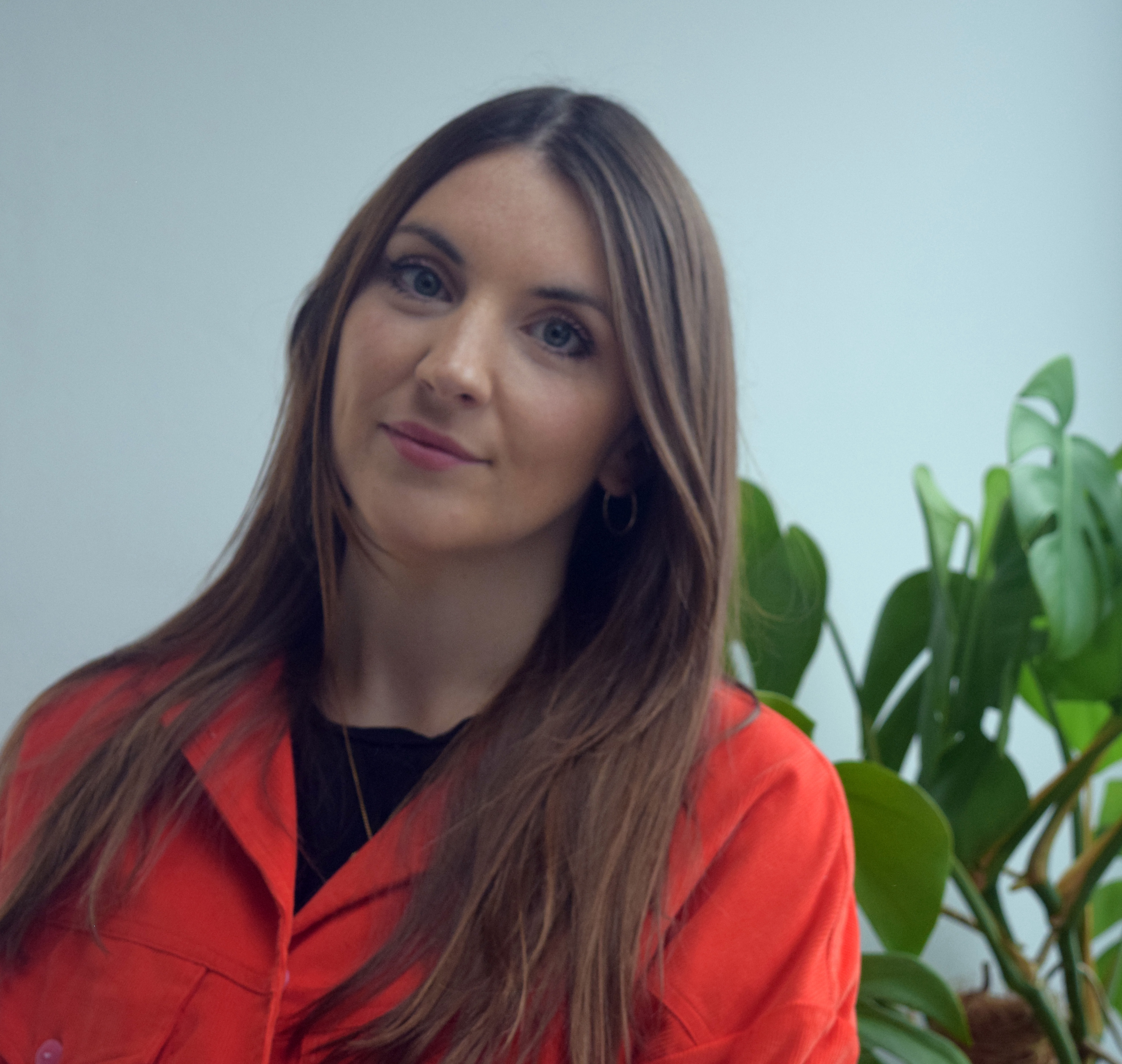How to find a mentor and why it’s so important to have one
Whether you’re looking for a promotion or complete career change, mentorship could be the key to achieving your dreams


Whether you’re looking for a promotion or complete career change, mentorship could be the key to achieving your dreams
Styling a commercial shoot alongside GQ stylist Elgar Johnson — and getting paid for it? Roshni Rai, 22 from Wiltshire, would never have predicted that would soon be her when she started her MA at London College of Fashion. “It is honestly still mind-blowing to me,” she says. But thanks to Mentoring Matters, a scheme that helps you find a mentor while redressing the balance of equality and opportunity within the creative industries, Roshni was able to supercharge her education.
During her weekly calls with her mentor Fran, Roshini learned about the different aspects of being a fashion stylist, from pitching to publications, to working with designers and building a credit list. “Going into this, I had absolutely no idea of how to get into styling,” she says. “I felt especially nervous because I did not have a ‘fashion background’ so I essentially started with a clean slate. Gradually, I started to understand how things really work in the industry. Fran helped me to think in new ways, which has led to a shift in the way that I approach my work now. She also set up some guest sessions with established figures in the fashion industry, which was incredible”.
Currently assisting the styling team at AnOther Magazine in London, Roshini adds that the emotional support she received from her mentor was just as important as the practical advice. “For me personally, one of the main benefits of mentorship has been the comfort of knowing that someone is there for you,” she says. “At times when I’ve felt hesitant and anxious, Fran has always made me feel confident in the decisions that I make.”

Jane Ferré, career coach and former Head of Mentoring at the London Chapter of the Professional Women's Network, explains that mentorship can be transformational at all kinds of stages of life. “Whenever you hear about some of the great mentoring relationships, such as Oprah Winfrey and Maya Angelou, or Bill Gates and Warren Buffet, these are life-long relationships that usually begin when the mentee is at the beginning of their career,” she says. “But this isn't the only time to consider mentorship. Life and career transitions are great opportunities to seek out a mentor.”
For example, you might benefit from having a mentor after securing a promotion, or when you want to figure out how to get one. Similarly, it could help if you have been assigned a big project that’s out of your comfort zone, or if you have lost your job. “All are significant transitions,” says Jane. “Having a mentor that you can call on for advice can help you steer through the confusion and get to where you want to be much quicker than doing it alone.”
Hollie Thornton, 24 and based in Manchester, found a mentor to help her make a career change. Hollie was working in PR at an agency in Huddersfield, but was interested in making the switch to SEO. Through a programme called Women In Tech SEO, Hollie had a weekly call with an SEO specialist who helped guide her.
Marie Claire Newsletter
Celebrity news, beauty, fashion advice, and fascinating features, delivered straight to your inbox!
“It allowed me to gain a role at a global fashion company in the heart of Manchester,” says Hollie, who is now SEO assistant at boohooMAN, part of the boohoo Group. “The program broadened my knowledge in SEO and allowed me to gain the confidence to apply for solely SEO based roles. But I think the main benefit of being mentored is that you will most likely have a mentor that you can look up to and admire. This results in you following in their footsteps to success.”

Jane believes that mentorship between two women can be particularly powerful, especially as we continue to fight for equality in the workplace. “Women are experts at building effective relationships that deepen over time, mentoring is a perfect way to do this,” says Jane. “Mentoring is a great way for women in an organisation to build social capital particularly if they are working in a male-dominated environment. They are often excluded from the more traditional ways of developing relationships that exist in most businesses (after work drinks, golf days etc).”
She believes that mentors get as much out of the relationship as the mentee. “When senior people are mentoring more junior workers, this can help to provide them with an alternative viewpoint that they may not have considered before,” she explains. “The mentor may bring this thinking into their decision making which may have a positive effect for all women in the organisation.”
So, the benefits of having a mentor are clear, but how should you go about finding one?
Jane explains that it all depends on what your objective is for the relationship. For example, if you’re looking to progress within your current organisation, the best place to start is with your HR team. “Many organisations have an internal mentoring programme where senior leaders mentor those moving up through the ranks,” says the careers coach. “This is particularly helpful if your challenge is to navigate relationships within your organisation and understand where the true decision making power exists.”

If you’re looking to change your job or career, try searching for an independent programme. You might find a mentoring organisation dedicated to your field, like Roshini did with Mentoring Matters, or for example, a professional organisation like the Chartered Institute of Personnel and Development, the HR mentoring scheme where Jane is a mentor. Other networks offer board support, like the aforementioned Professional Women's Network, which focuses on promoting gender-balanced leadership.
Alternatively, you can reach out directly to someone you respect and admire. “Have you ever been in a meeting with someone whose way of going about things was one you respected?” says Jane. “Would you like to learn to operate in this way? Why not ask them to be your mentor? Leaders are always flattered to be asked and would rarely say no. Try it, you will be pleasantly surprised by the response.”
Once you’ve found someone, Jane adds that there are certain things to keep in mind in order to get the best out of the relationship. “Don't expect the mentor to drive the relationship, the mentee is accountable for this,” she says. “This means turning up to meetings with an agenda. Your mentor's time is valuable (and you are probably getting it for free), so arrive prepared with a topic to focus on at each of your sessions.”
You should also be prepared for the fact that it may not always be an easy ride. “Great mentors will challenge their mentees in a way that is supportive,” says Jane. “The novelist Erica Jong famously said, ‘Advice is what we ask for when we already know that answer, but wish we didn't’. You might not always hear what you want to hear, this is generally what you need to hear at that moment.”
Sound like a challenge that you’re ready for? Then why not start your search — you might be surprised by how far mentorship could take you.